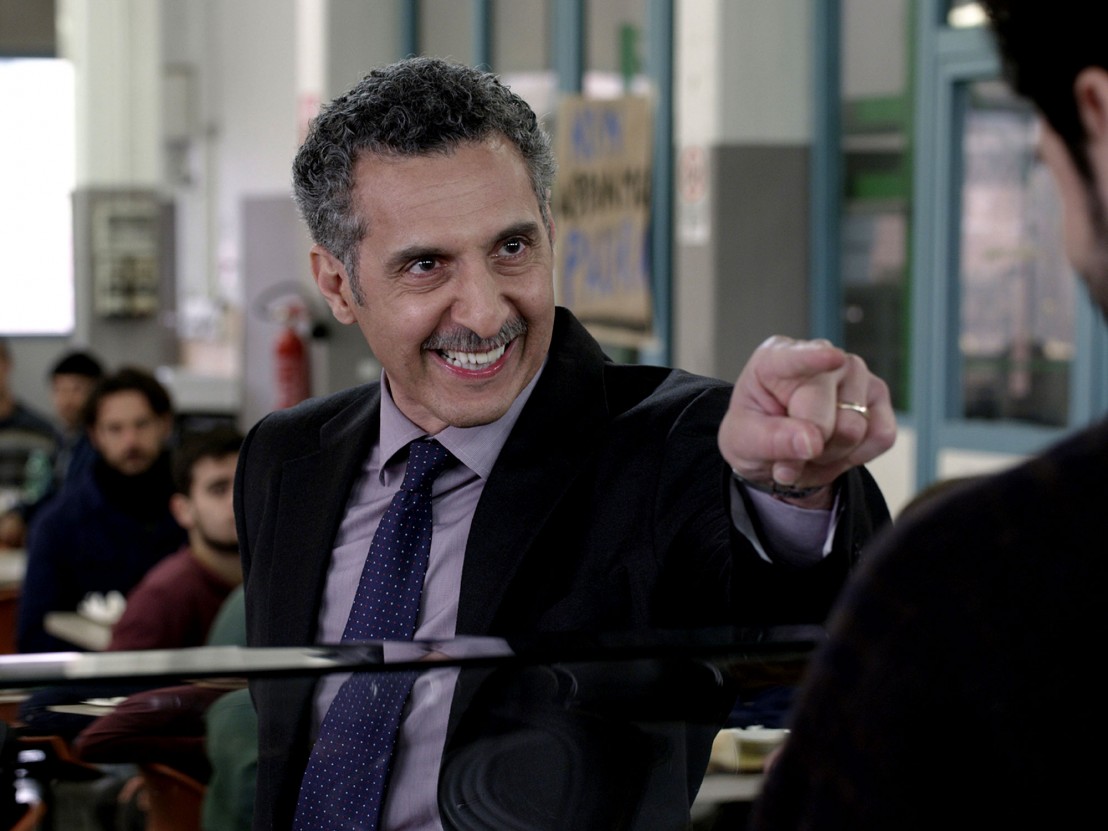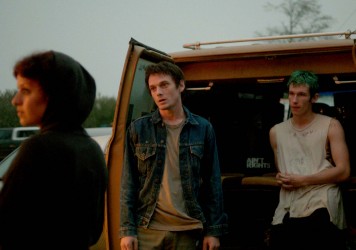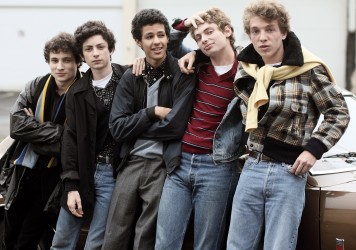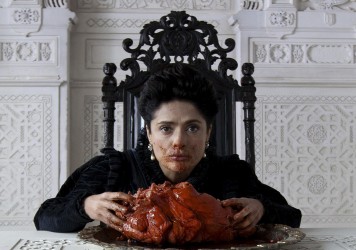
Nanni Moretti’s chronicle of the death of a filmmaker’s mother is continuously out of thematic focus.
Nanni Moretti’s personal film about a busy director and her dying mother is mis-sold by blurbs that focus on the relationship between the two. The mother in question, Ada (Giulia Lazzarini), is largely shunted off stage right as the action unfolds stage left. As madre lies in a hospital bed, her daughter, Margherita (Margherita Buy), is preoccupied by the task of shooting a film about striking factory workers. She puts in the hours with Ada in the evening but unlike her brother Giovanni (Nanni Moretti), who has taken a leave of absence from work, the chaos of everyday life on a film set persists in being the loudest parts of her day and subsequently of this film.
For all the troubled dreams that Margherita has and the love they infer, she is a woman voluntarily caught up in the machinery of life and unwilling to take a meaningful sabbatical to engage with the tempo of approaching death. The film suffers from the same mixed-up priorities. What should be a moving, even if neglected, relationship plays like an underdeveloped subplot.
This leaves space for John Turturro to do his wacky livewire thing. Not since The Big Lebowski has he strutted his comedic stuff as explosively. As manic American actor Barry Huggins he is playing rock’n’roll to the rest of the cast’s string concerto. This would be distracting if only the key events had gravitas. As they don’t, he is a welcome cymbal clash. A solo musician that makes you want to rise out of your chair and dance. Barry boasts about his relationship with Stanley Kubrick, propositions Margherita on the first night and can’t remember his lines, smoothing over all missteps with a big infectious Hollywood laugh. The best cut of the film has his dinner sing-song suddenly transposed to a car sing-song. Barry’s joie de vivre has nothing do with the main arc. He is just there making noise.
A young daughter and a recent ex are the other forces at play in Margherita’s life. The former is a sweetie that trots along, fretting over Latin. The latter lays down some hurt-driven home truths on the way Margherita treats others. This could have been Moretti’s chance to show awareness of the where his lead character sits within the narrative forces. But the accusations don’t match with the character we see so the exchange plays as yet more quibbling as the mothership goes down.
There’s a moment during the shooting of the film within the film when Margherita argues with her cinematographer over his camera focus during a clash between strikers and the police. “Do you want to be with the ones being hit or the ones doing the hitting?” she asks, querying his moral siding. An equivalent question could be asked of Moretti. He has given us a film about the biggest hit a person can take without ever engaging with how it feels to take that.
Published 16 May 2015

Blue Ruin director Jeremy Saulnier delivers another consummately crafted backwoods thriller.

The new feature from Arnaud Desplechin is a rite-of-passage masterpiece.

Salma Hayek chows down on sea monster heart in Matteo Garrone’s riotous fantasy triptych.